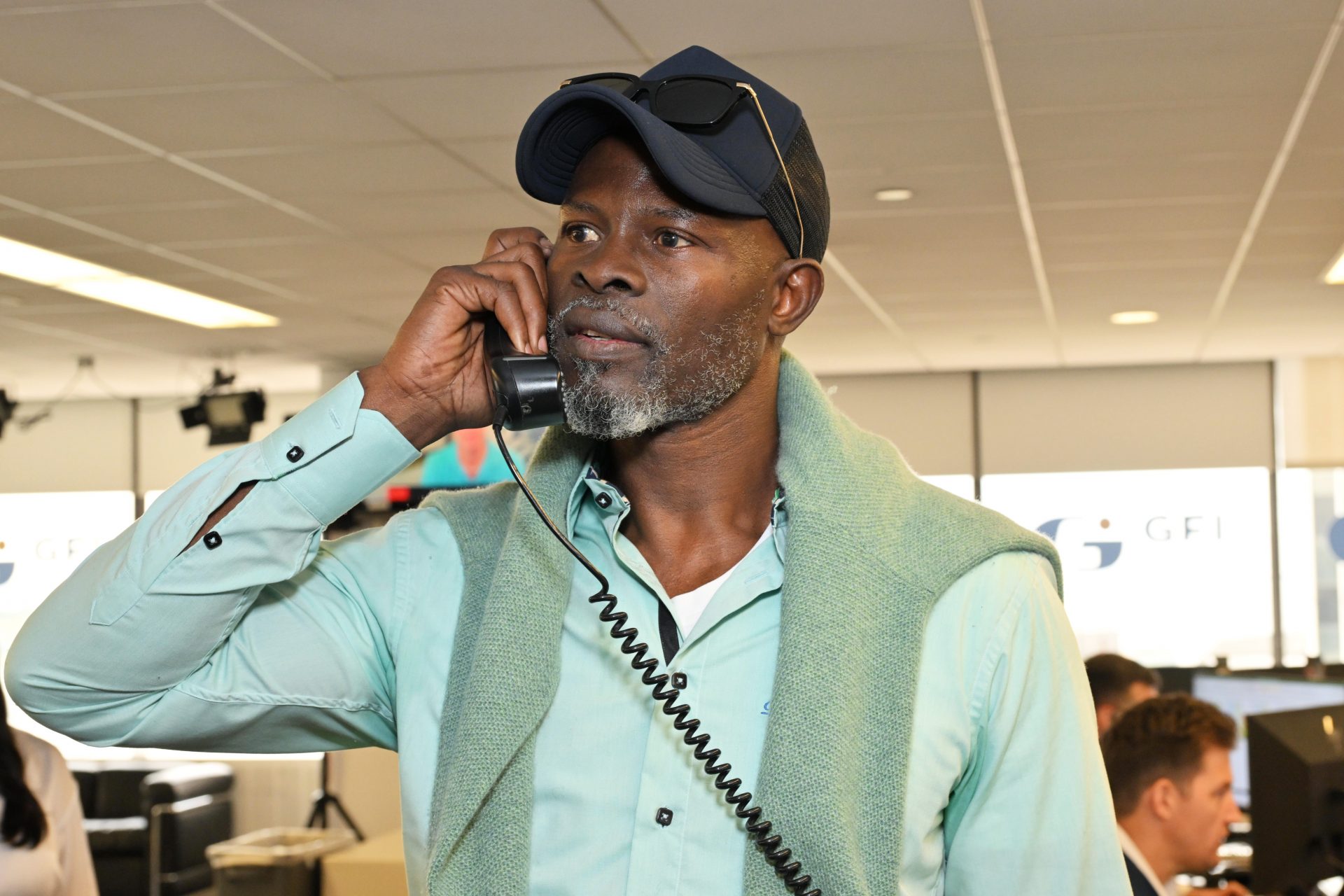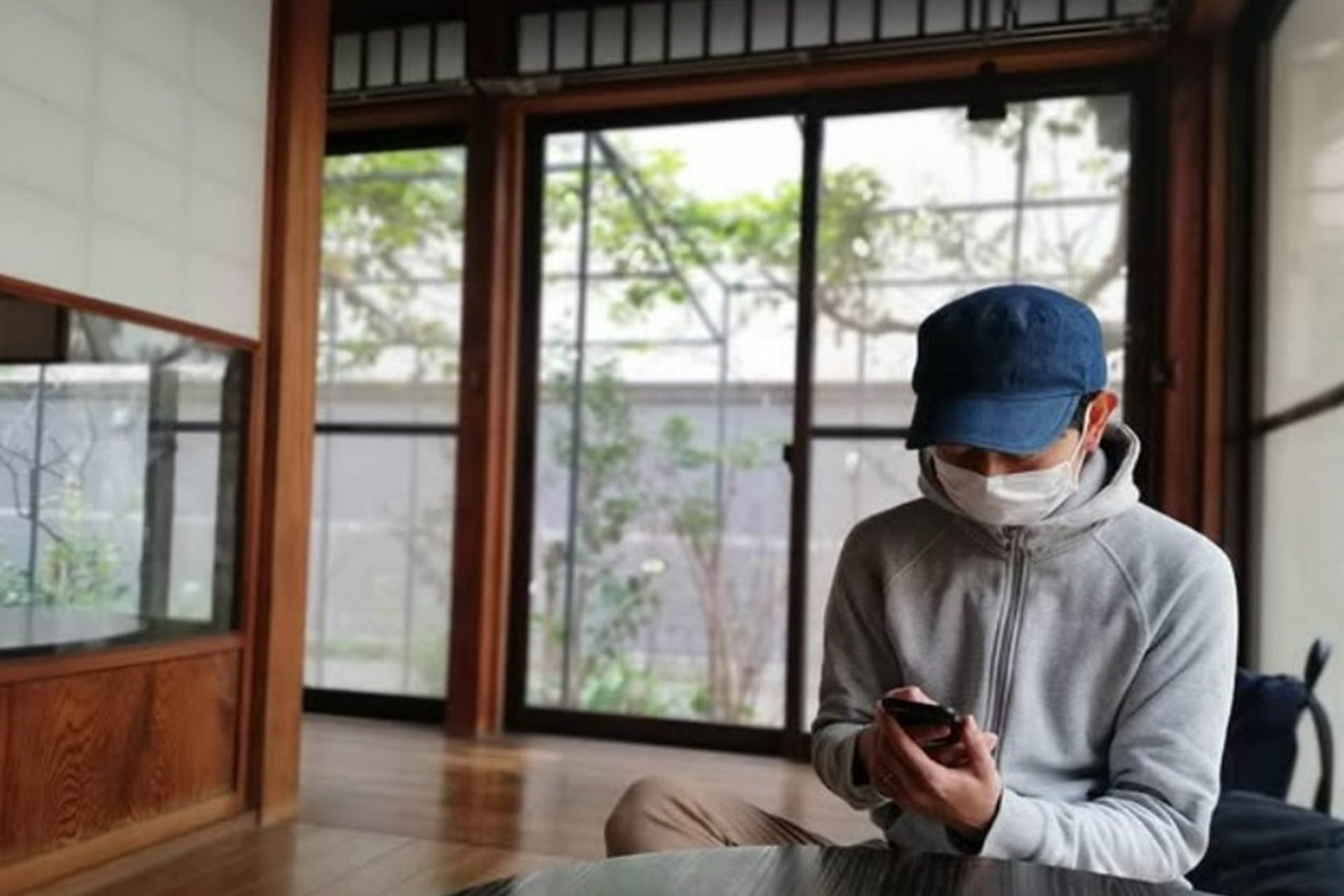The tragic story of Marvin Gaye, brutally murdered by his father
It was April 1, 1984, 12:38 pm. Marvin Gaye, the Prince of Soul, was lying on the floor of his parent's house with three bullets lodged in his body. Beside him, a man was holding a Smith & Wesson .38 Special pistol that the singer had given him as a gift. The man holding the gun was his father, Marvin Gay Sr, who had just murdered his son.
What could have possibly led a father to shoot his son point-blank in his own home? In the case of Marvin Gay Sr., there was addiction, debt, insurance, resentment and the erratic behavior of his son, who just happened to have created one of the greatest albums of all time, according to Rolling Stone magazine.
Another tragic detail in the story was that Marvin Gaye would have turned 45 the day after his murder. But at the time, no one in the Gay residence was thinking about birthdays, as Frankie Gaye recalls in the book 'Marvin Gaye, My Brother.'
To understand what happened in that Los Angeles home that fateful day, you have to travel back in time to understand the life, success and decline of one of the greatest artists in the history of American music.
Marvin Gaye was born Marvin Pentz Gay Jr in Washington D.C. in 1939. His father, Marvin Gay Sr. was a Pentecostal pastor who drank and beat his children. His mom, Alberta Gay, was a domestic worker. According to Gaye's biographer, the singer said: "If it wasn't for Mother, who was always there to console me and praise me for my singing, I think I would have been one of those child suicide cases you read about in the papers."
The singer's relationship with his father declined. At age 17, he dropped out of highschool and enlisted in the Air Force. However, he faked a mental illness and was discharged shortly after. After, Gaye formed a vocal quartet, performing around Washington and Chicago.
His quartet disbanded, and he moved to Detroit in 1960, where Motown President Berry Gordy (pictured) heard him singing and fell in love with his voice. Meanwhile, Marvin fell in love with Gordy's sister Anna, who was 17 years older but who ended up becoming his wife.
In 1961, Gaye, who added an e to the end of his surname to emulate Sam Cooke, released his first single and album, which were both commercial flops. He later found success as a songwriter and drummer, but eventually released a successful track: 'Stubborn Kind of Fellow.' From then on, he performed solo and with other Mowtown artists.
As his career progressed, he started recording legendary duets. Take 'It Takes Two' with Kim Weston and 'Ain't No Mountain High Enough' with Tammi Terrell as two jaw-dropping examples.
In 1968, Gaye's recording of 'I Heard It Through the Grapevine' became his first track to top American and global charts. At the time, he said he felt he didn't deserve the success and "felt like Berry Gordy's puppet."
A massive cultural shift was brewing. The economy was in trouble, the Vietnam War was raging and a new generation was advocating for civil rights. He wanted to break free from the neutral stance that characterized Mowtown at the time.
Inspired by an act of police brutality at an anti-war rally, he co-wrote the legendary track 'What's Going On.' Berry Gordy was shocked and refused to release the song because he thought it was "too political" for the radio. Gaye pushed the label to release it and the track hit the top of the charts, selling over two million copies.
Rolling Stone magazine ranks the album 'What's Going On' as the best album of all time, calling it a masterpiece, soul music's first concept album and one of the most influential LPs ever made. "As the album fades out, the groove continues on. Five decades later, it still hasn’t stopped," says the review.
After Gaye embraced his passion for social justice, he moved on to embrace his passion for, well, passion. His next major track 'Let's Get It On' is undoubtedly one of the most sensual songs of the last century.
Marvin Gaye became an acclaimed, godlike, and above all, desired artist. But that artistic peak was also the beginning of his descent into hell. Uncontrolled spending, infidelity and substance abuse fueled this chaotic period of his life, according to the biography 'Divided Soul' by David Ritz.
Little by little, Marvin Gaye's star was fading, and at the same time, his debts were building up. This was only compounded by his divorce from Anna Gordy, to whom he ended up dedicating the glorious album 'Here, My Dear,' which tells the story of the divorce.
The extremely personal record was originally concieved as a quickie to pay for his divorce, but Gaye ended up saying he made it "out of deep passion." Widely described as "weird," it did poorly on the charts but was critically acclaimed later on. The same year he divorced Anna Gordy (1977), he married Janis Hunter (pictured), who he divorced in 1981.
The album's commercial flop did not help his financial situation, and neither did his cocaine habit. He went on a European tour, but by 1981, he was advised to relocate to Belgium because he feared imprisonment for failing to pay millions of dollars worth of back taxes.
At this time, he got out of his Mowtown contract and signed on with Colombia. While in Belguim, he recorded 'Midnight Love,' an album that included the smash hit 'Sexual Healing.' It was a huge success, winning him a Grammy, hitting number one, and helping him return to the US. After the tour, in 1983, he began living with his parents in the house he bought for them.
In true hermit style, the artist spent days without leaving his room. The only people he saw were his parents and his drug dealer, according to the David Ritz biography. His addictions grew and so did his paranoia. He was utterly convinced that someone wanted to kill him... and unfortunately, he wasn't wrong.
In the midst of Gaye's paranoia, he bought his father a gun for Christmas in 1983. He thought the present would help his father protect him, but it ended up becoming the weapon that would end the singer's life.
The last months in the Gaye household were described as hellish. The family was totally dysfunctional and Gaye reportedly tried to take his own life on two separate occasions: once, through a deliberate overdose and the second time by jumping out of a moving car.
As the state of Gaye's mental health had clearly deteriorated, his relationship with his father shifted from screaming matches to physical aggression. The day Marvin Gaye was murdered, a fight broke out over an important document.
The tone of the dispute escalated, according to the memoir by Frankie Gaye. Marvin Gaye ended up kicking his father to the ground until his mother managed to separate them. Suddenly, there was silence.
The eerie silence lingered for several minutes. But the moment of peace was shattered by the sound of a gunshot. A bullet entered directly into the Prince of Soul's heart. He collapsed to the ground, but his father pulled the trigger two more times, shooting his son again at point-blank range.
Marvin's brother Frankie was the first to arrive on the scene because he lived next door. He found his father sitting on the porch staring at the ground with the pistol by his feet.
At the trial, Marvin Gay Sr. said he shot his son in self-defense. He was eventually sentenced to six years in prison. He continued living for another 14 years until he died of a heart attack in his nursing home in 1998.
The $2 million that Marvin Gaye owed in taxes was quickly collected after his record sales boomed after his death. But his children were able to get an unexpected financial boost decades later, obtaining more than $8 million in a plagiarism lawsuit against Robin Thicke and Pharrel Williams for the song 'Blurred Lines.'
Almost 40 years after his tragic death, Marvin Gaye is still remembered as one of the best male singers of all time alongside other greats of the twentieth century like Sam Cooke, Otis Redding and Frank Sinatra. No matter his personal issues, he will go down in music history as a revolutionary and powerful artist.








































